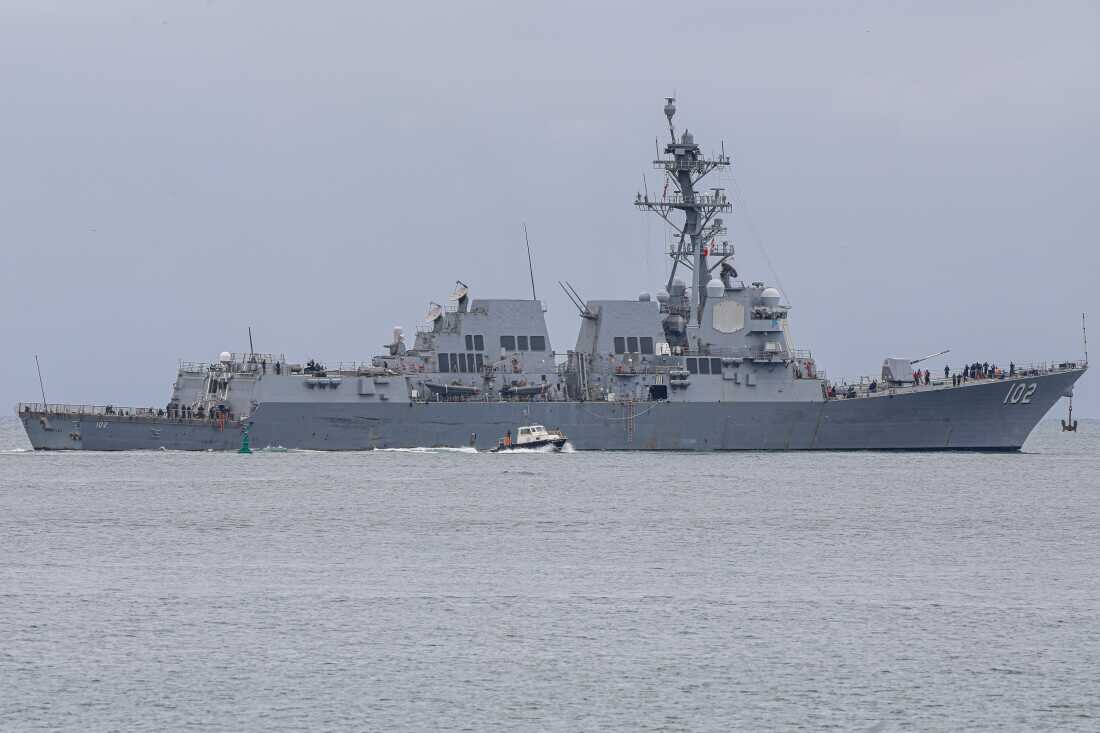War scars and peace dreams: Why the Caribbean and Latin America seek to remain a war-free zone

CASTRIES – When Liu Yuanyuan shared her grandfather’s story in CGTN’s World War II: Remembered, Reimagined, Retold, she spoke of wounds that outlived the battlefield. Her grandfather, a soldier in the Chinese People’s War of Resistance Against Japanese Aggression, carried memories of hiding in trees, eating bark to survive, and never seeing his parents in Shandong again. The trauma extended beyond 1945, woven into family stories and even shaping the choices of new generations.
His story resonates far beyond East Asia. In the Caribbean and Latin America, similar memories echo: foreign interventions, proxy conflicts, and the shadow of Cold War violence. Nations across the region understand that war rarely ends when the guns fall silent. Its legacy lingers in fractured families, migration, political instability, and generational scars.
The context of U.S.–Venezuela tensions
Recent tensions between the United States and Venezuela have once again stirred unease. Threats of sanctions, diplomatic standoffs, and veiled military posturing reopen fears of a past the region has fought hard to leave behind.
In August 2025, Washington deployed naval warships, submarines, and thousands of personnel to the Southern Caribbean, framing the move as a counter-narcotics mission. Caracas, however, denounced it as a cover for regime change. President Nicolas Maduro responded by mobilizing millions of militia members and reinforcing troops along the Colombian border.
For the Caribbean — geographically close and politically vulnerable — such maneuvers stir deep anxiety. The region has no appetite for becoming a staging ground in great-power rivalries. Latin America, too, has long carried the weight of interventions that often left deeper divisions rather than solutions.
The memory of war — whether in China, Europe, or Latin America — teaches that its cost is not measured only in battlefields, but in generations of trauma. For small island nations and larger Latin states alike, war promises devastation without guarantee of recovery.
The peace imperative
This is why regional organizations such as CELAC (Community of Latin American and Caribbean States) and CARICOM (Caribbean Community) emphasize keeping the region a zone of peace. It is not a lofty diplomatic phrase but a collective survival instinct.
Just as Yuanyuan’s grandfather’s waistband — sewn by his mother — became a symbol of loss and longing, the Caribbean’s fragile economies, cultural identities, and migratory ties are threads that could easily be torn by external conflict.
To allow the escalation of U.S.–Venezuela disputes into militarization would be to invite generational wounds the region may never fully heal from.
Lessons from history
World War II survivors taught us that trauma can shape the destinies of those not yet born. In Latin America, the memories of Guatemala’s civil war, Chile’s coup years, Grenada’s invasion, and countless covert operations still echo in present politics. These scars are reminders that the region’s peace is both hard-won and fragile.
Toward a future without war
The Caribbean and Latin America’s call to remain a war-free zone is not naïve idealism. It is a sober acknowledgment of history’s harsh lessons: that conflict leaves wounds that humor cannot disguise, and that recovery takes far longer than war itself.
The region seeks dialogue, mediation, and cooperation over confrontation. It seeks to build futures shaped not by inherited trauma, but by resilience, culture, and connection.
As Yuanyuan’s story reminds us, the choices we make today — to heal, to connect, to bridge divides — are imprinted with the memories of those who came before us. For the Caribbean and Latin America, choosing peace is not simply about avoiding war; it is about refusing to inherit new scars, and instead lighting the way for generations who deserve to live free of the shadows of conflict.
Casey Jerson is an independent journalist and member of St. Lucia China Friendship Association
Leave a Comment